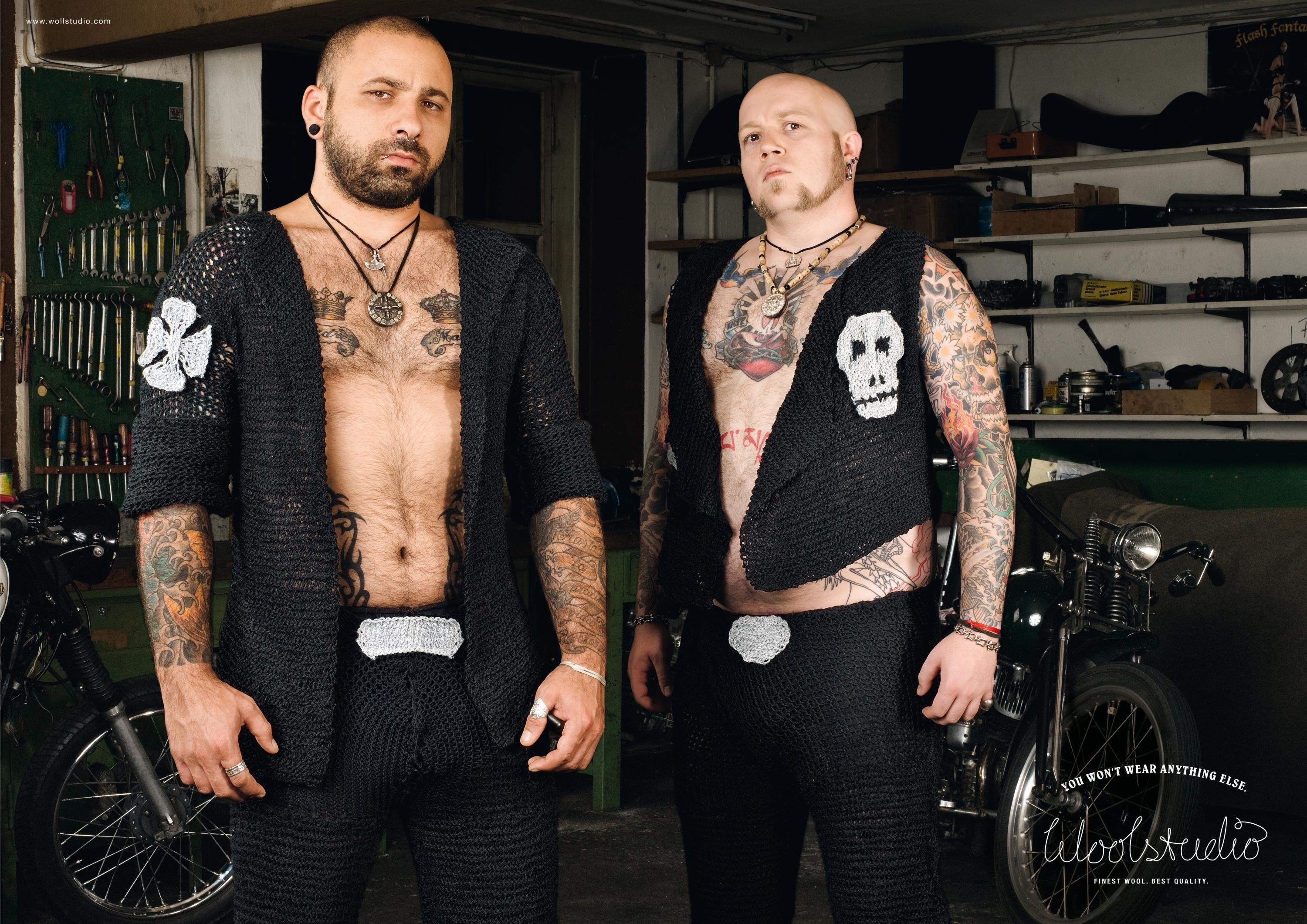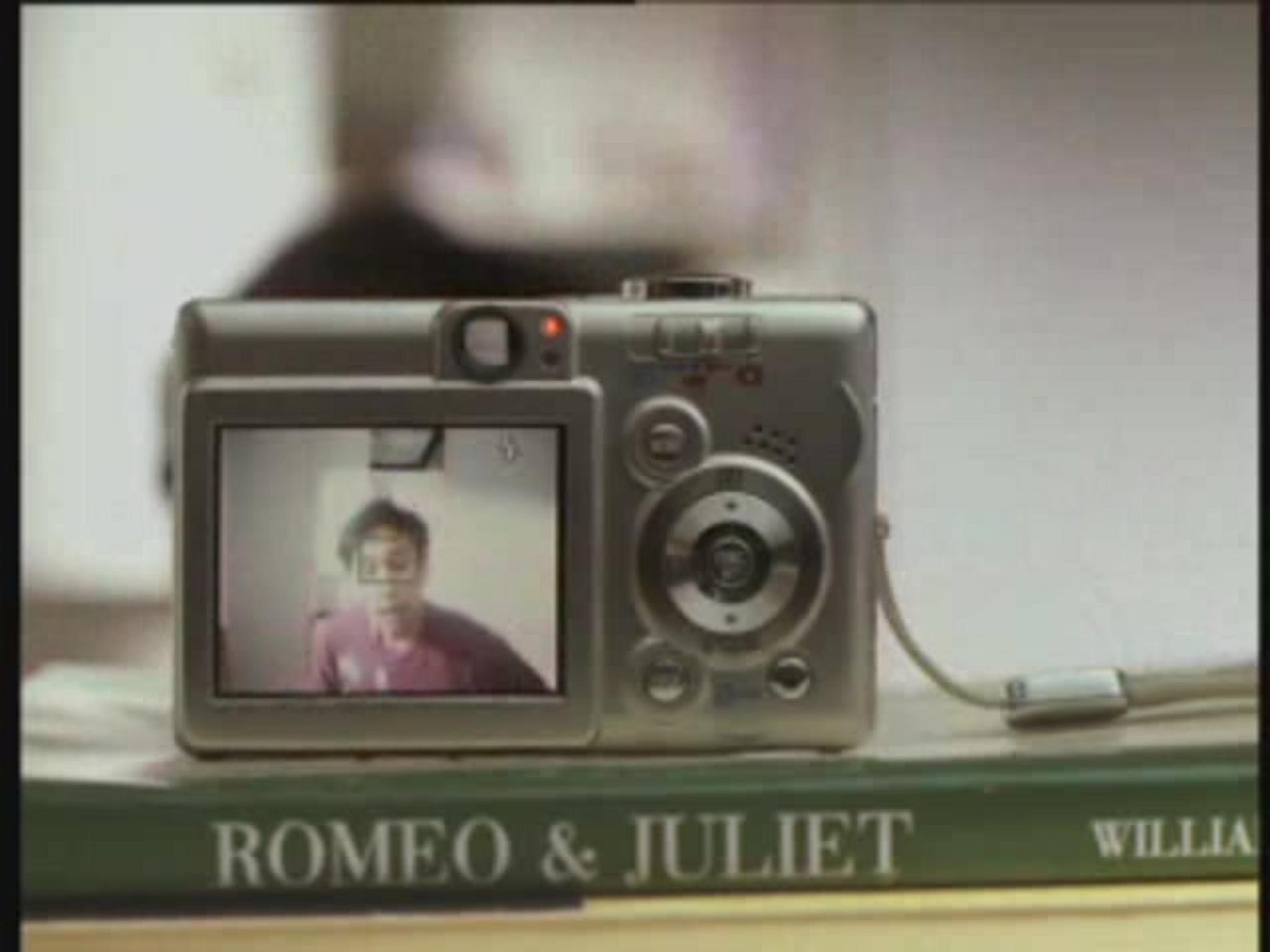Cannes Lions
Black Business Beats
GUT, Sao Paulo / MERCADO LIBRE / 2023



Overview
Entries
Credits
OVERVIEW
Background
Mercado Livre is Latin America's biggest e-commerce marketplace. The platform hosts online stores of brands of all sizes: from one-person companies to global brands.
On Black History Month, Mercado Livre wanted to support and help boost the sales of brands owned by black entrepreneurs that use the platform to sell their products everyday. Those brands are, in the vast majority of cases, micro or small brands. The reason for that is the lack of incentive and opportunities from the government and Brazil's strong structural racism that prevent black men and women from thriving (and from seeing themselves) as successful entrepreneurs.
Idea
73% of all hip-hop songs mention at least one brand. If that song is from a major artist, the sales from that brand usually go way up.
But even though rap and hip hop are rooted in the black community, all brands rappers mention in the lyrics are from big, global brands owned by white folks.
The campaign subverts that classic trait from hip-hop culture to give visibility to small black brands. So Mercado Livre got together with Djonga and Tássia Reis, two of Brazil's biggest rap stars,to create a song and music video. But instead of Gucci, Balenciaga, Dior and such, they mentioned Soulbrio, ResistoOPM,and other small local brands owned by black entrepreneurs.
In the music video, both artists wore items from those brands. When a brand was mentioned, a Youtube card redirected viewers to a video featuring that brand's story and to their online store on Mercado Livre.
Strategy
Mercado Livre's campaign to support and give visibility to small black-owned brands on its e-commerce platform was executed through a collaboration with two biggest rap stars, Djonga and Tássia Reis. The aim was to address Brazil's strong structural racism, which prevents black entrepreneurs from thriving, by creating opportunities and incentives for small black-owned businesses.
To create a song and music video that would resonate with the black community, Djonga and Tássia Reis wore clothes and accessories from the brands mentioned in the lyrics, and the video included references to central and historical themes of black culture. The artists' 1.4 billion plays/streams on Spotify and YouTube were leveraged to drive unprecedented visibility to small local brands owned by black entrepreneurs. Viewers were redirected to a video featuring each brand's story and online store on Mercado Livre. The song was released on the artists' social media pages, supported by materials on Mercado Livre's social media, and was included in many official Spotify and YouTube playlists. The success of the campaign is attributed to the artists' popularity, social engagement, and representation of the target audience's background, coupled with the use of an attention-grabbing medium to differentiate the small brands from big global brands
Description
Mercado Livre is Latin America's biggest e-commerce marketplace. The platform hosts online stores of brands of all sizes: from one-person companies to global brands. On Black History Month, Mercado Livre wanted to support and help boost the sales of brands owned by black entrepreneurs that use the platform to sell their products everyday. Those brands are, in the vast majority of cases, micro or small brands. The reason for that is the lack of incentive and opportunities from the government and Brazil's strong structural racism that prevent black men and women from thriving (and from seeing themselves) as successful entrepreneurs.
73% of all hip hop songs mention at least one brand. If that song is from a major artist, the sales from that brand usually go way up. But even though rap and hip hop are rooted in the black community, all brands rappers mention in the lyrics are from big, global brands owned by white folks.
To give visibility to small black brands, Mercado Livre got together with Djonga and Tássia Reis, two of Brazil's biggest rap stars, to create a song and music video. But instead of Gucci, Balenciaga, Dior and such, they mentioned Soulbrio, ResistoOPM, Da minha Cor and other small local brands owned by black entrepreneurs.
In the music video, both artists wore clothes and accessories from those brands. When a brand was mentioned, a Youtube card redirected millions of viewers to a video featuring that brand's story and to their online store on Mercado Livre.
Djonga and Tassia Reis have 1.4 Billion plays/streams when combining Youtube and Spotify numbers. They are established artists who were also trending due to recent releases and mainstream appearances. So we knew a new song from them would be a hit, especially because it would be their first feat. ever. Besides, they are both very engaged socially and use their music as an outlet for their social ideas and positioning. They also have backgrounds in Brazilian favelas, just like most black entrepreneurs that try to make a living by creating their own businesses.
We also wanted that the song and music video had clear references to central and historical themes of the black people, so the whole community could feel represented while we gave visibility to black brands and their products.
The song and music video were released on the artist's Youtube, Spotify and Instagram pages, with supporting materials released on Mercado Livre social media. The song was included in many official Spotify and Youtube Playlists.
Similar Campaigns
12 items







